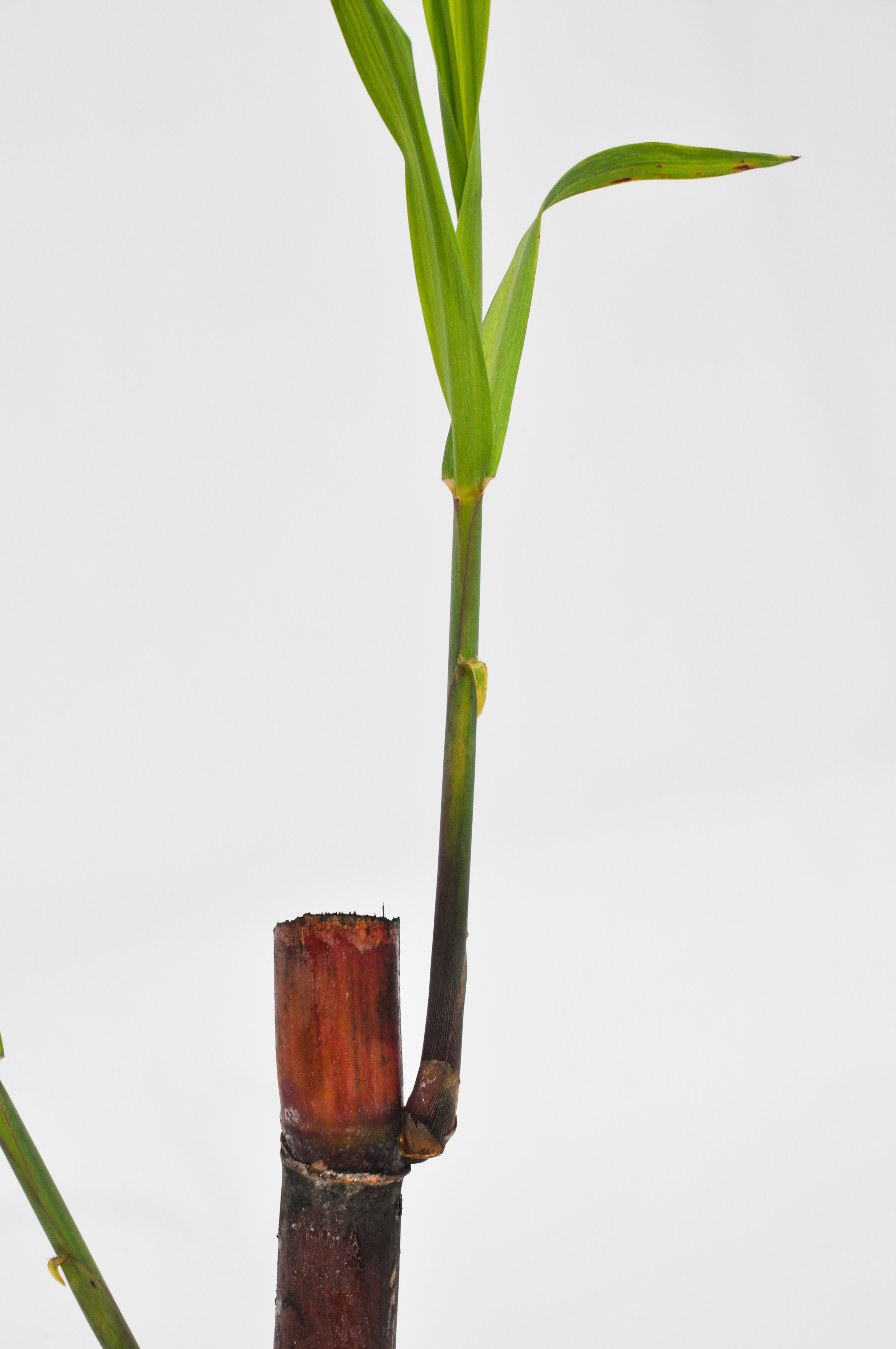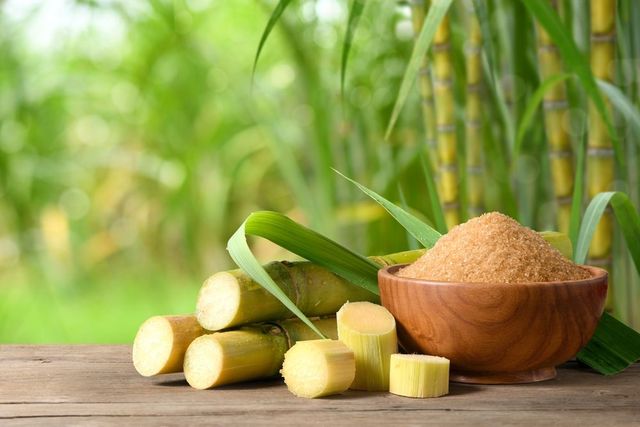Exploring the Benefits of Walking Stick Sugar Processing Chemicals for Lasting Practices
The combination of specialized processing chemicals in walking cane sugar production offers a compelling possibility for progressing lasting practices within the sector. These chemicals not only enhance extraction efficiency and item quality but additionally add to substantial decreases in resource intake and environmental impact.

Introduction of Walking Cane Sugar Handling
Cane sugar processing entails a collection of complex steps made to remove and improve sucrose from sugarcane. This process begins with gathering the sugarcane, which is normally done by cutting the stalks close to the ground. sugar and cane. When harvested, the cane is moved to a handling facility, where it goes through washing and shredding to prepare it for juice removal
The following action includes crushing the shredded cane to launch the juice, which consists of liquified sucrose along with different impurities. This juice is then clarified, often through home heating and the enhancement of lime, to get rid of solid contaminations and obtain a more clear liquid. The clarified juice is consequently vaporized to concentrate the sugar content, causing a syrup.
The raw sugar is additional refined with processes such as cleaning and drying, eventually producing the final item that is appropriate for consumption. Each step in this substantial process is crucial for making certain high-grade walking stick sugar, highlighting the intricacy and precision intrinsic in sugar manufacturing.
Duty of Handling Chemicals

Making use of handling chemicals is integral to the effective removal and purification of sucrose during walking cane sugar production. These chemicals offer multiple features, consisting of enhancing the quality of juice, maximizing extraction prices, and promoting the removal of pollutants. Secret processing chemicals include phosphoric acid, which aids in the information procedure, and calcium hydroxide, which counteracts level of acidity and help in the precipitation of impurities.
Furthermore, refining chemicals can boost the general return of sugar by ensuring optimum sucrose extraction from the walking stick. Enzymatic treatments are also acquiring prestige, as they can break down complex carbs into fermentable sugars, therefore boosting effectiveness. The application of these chemicals not just streamlines the production processes but also makes sure that the resulting sugar fulfills rigorous quality criteria.
Furthermore, the function of processing chemicals reaches boosting functional effectiveness by lowering the power and water called for throughout handling. This not just adds to cost savings however also straightens with more comprehensive sustainability objectives within the sugar sector. By recognizing and enhancing the duty of these chemicals, makers can improve manufacturing efficiency while keeping product high quality and safety standards.
Environmental Benefits
Sustainable sugar manufacturing not only enhances functional performance however also supplies considerable ecological advantages that contribute to a healthier community. The utilization of handling chemicals developed for sustainability aids lessen the ecological impact of sugar manufacturing. These chemicals frequently make it possible for the reduction of hazardous results, fostering a cleaner manufacturing procedure that protects regional rivers and soil top quality.
Moreover, lasting methods in cane sugar processing enhance biodiversity. By lowering chemical drainage and contaminants, these techniques safeguard habitats and promote the wellness of surrounding plants and animals. The application of environment-friendly chemicals typically causes far better resource monitoring, as they can promote the use of natural waste products as plant foods, therefore shutting the nutrient loop and enriching the dirt.
Furthermore, the shift towards sustainable handling chemicals can reduce greenhouse gas exhausts. By enhancing the extraction and refining procedures, power intake decreases, resulting in a smaller sized carbon footprint. Eventually, these innovations not just useful site support the sugar industry's ecological objectives but likewise straighten with international efforts focused on combating environment adjustment and advertising sustainability. Welcoming these practices is essential for the long-term feasibility of sugar production and the defense of our planet's resources.
Effectiveness and Waste Reduction
Executing lasting practices not just improves environmental outcomes yet likewise drives efficiency and waste decrease in cane sugar handling. The integration of specialized handling chemicals can substantially optimize production workflows, decreasing the power and water consumption usually linked with typical techniques. For instance, enzymes tailored to enhance sugar removal can reduce the amount of raw material needed, resulting in reduced operational expenses and decreased waste generation.
Additionally, by using eco-friendly or safe processing agents, suppliers can reduce the risk of wastewater contamination, leading to minimized therapy demands and additional conserving resources (sugar and cane). Structured processes allowed by these chemicals can additionally improve the recuperation rates of sugar, which not just optimizes outcome but likewise reduces the volume of spin-offs that call for disposal
Furthermore, implementing real-time surveillance technologies along with processing chemicals permits for far better control over operational criteria, promoting fast adjustments that can avoid inefficient variances. Overall, the calculated use of walking stick sugar handling chemicals advertises an alternative method to production performance, straightening economic stability with lasting techniques that benefit both producers and the environment.
Enhancing Product Quality

Additionally, the application of pH regulators can enhance the handling conditions, guaranteeing that the sugar retains its desirable flavor account while lessening the development of unwanted spin-offs (sugar and cane). This not only boosts the total quality yet also expands the shelf life of the sugar, fulfilling the demands of both consumers and stores
Additionally, the implementation of these chemicals is often aligned with sustainable practices, lowering the ecological effect of sugar production while boosting item top quality. By using eco-friendly and green processing agents, manufacturers can enhance their market charm and add to lasting market requirements.

Final Thought
In conclusion, the integration of specialized walking cane sugar processing chemicals supplies considerable benefits for lasting techniques within the market. Eventually, such eco-friendly remedies align product top quality with sustainability purposes, developing a structure for effective and responsible sugar manufacturing.
The integration of specialized handling chemicals in walking cane sugar production offers a compelling chance for progressing sustainable methods within the market. Each step in this considerable procedure is important for making certain premium cane sugar, highlighting the complexity and precision integral in sugar manufacturing.
The use of Click Here handling chemicals is essential to the effective extraction and purification of sucrose during cane sugar production. The usage of specialized processing chemicals can considerably boost the purity, shade, and preference of sugar items.In conclusion, the combination of specialized cane sugar handling chemicals provides considerable benefits for sustainable techniques within the sector.